Welcome back to the realm of decentralized governance! Previously, we embarked on an enlightening journey into the concept of Decentralized Autonomous Organizations (DAOs).
We explored its essence, delved into its functionality, and discovered real-world examples that showcased DAOs transformative potential. But our exploration has just begun!
Today, we are setting sail on another such expedition in our DAO saga. In this Global Blockchain Solution blog, we will delve deeper into Pros and Cons of DAO and uncover their hidden treasures and some major pitfalls.
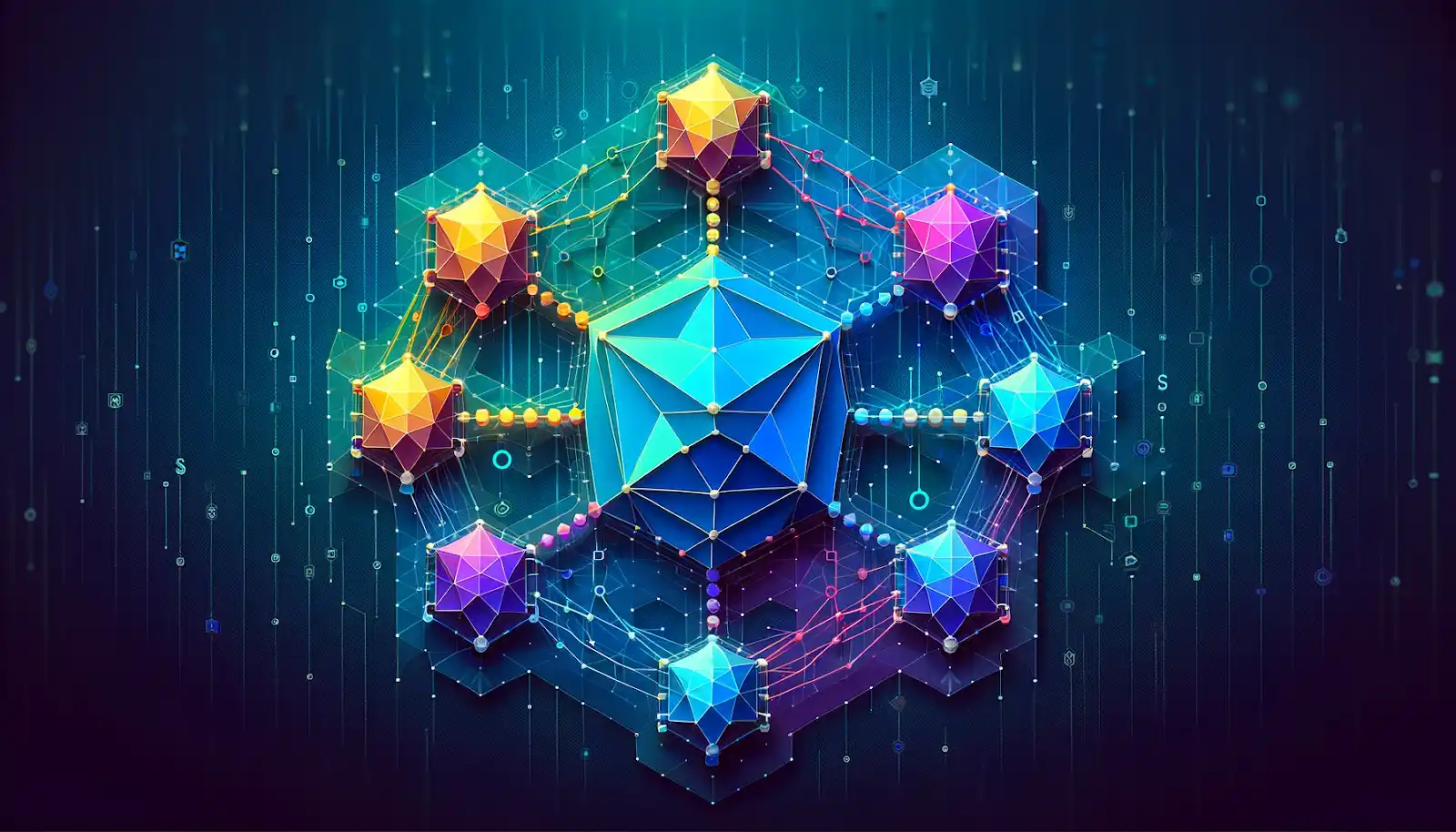
From security vulnerabilities to regulatory uncertainty, we shall confront each obstacle in our DAO enlightenment. So, let's get started.
This Article Contains:
Benefits of DAO
Decentralized Autonomous Organizations (DAOs) offer several benefits to their stakeholders. They revolutionize how we think about collective action and organizational structure.
Here are some of their advantages:
1. Decentralization and Democratic Governance
DAOs distribute decision-making power among their members rather than centralizing it with a single person or a small group of leaders. This democratic approach ensures that decisions reflect the collective will of the members, potentially leading to more equitable and balanced outcomes.
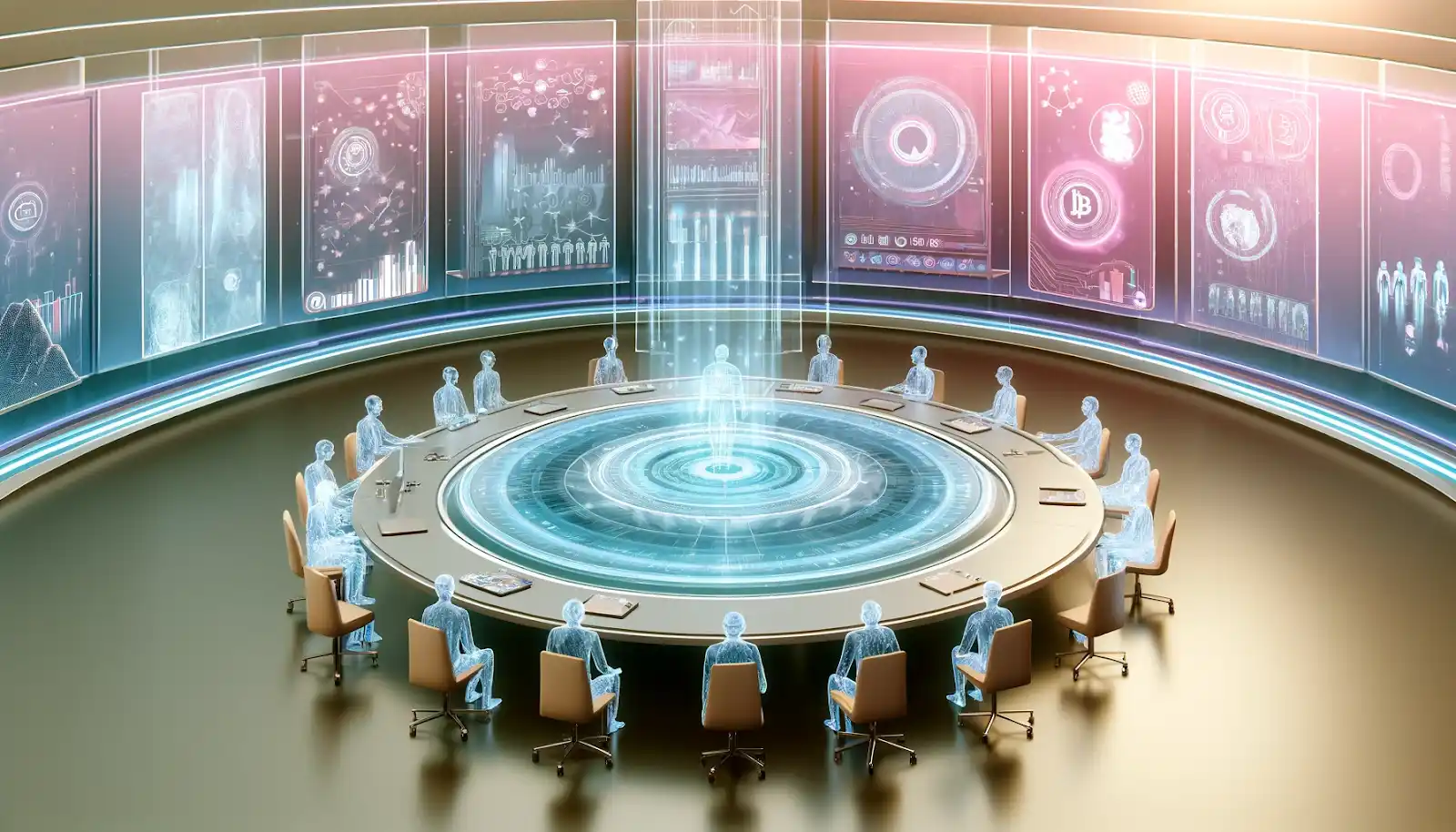
Here, consensus reigns over hierarchy. Every member counts and contributes to decision-making.
Also Read: What Is Consensus Mechanism In Blockchain? 25 Consensus Mechanisms To Choose From
For instance, a vendor contract will not get renewed just because higher-ups in the Residents Welfare Association want it. Upon dissatisfaction with its services, people can exercise their voting power against it. A new vendor will be hired.
2. Transparency and Trust
Since DAOs operate on blockchain technology, every transaction and decision is recorded on a public ledger. This transparency ensures that all actions are traceable and immutable, significantly enhancing trust among participants and with the external community.
Consider the working of the DAO like writing on a big whiteboard where everyone can see it. No secrets mean everyone can trust what’s happening. How cool is that?
3. Global Participation
DAOs are inherently borderless, enabling individuals from around the globe to participate regardless of their geographical location. This accessibility fosters a diverse and rich community, bringing together varied perspectives and talents.
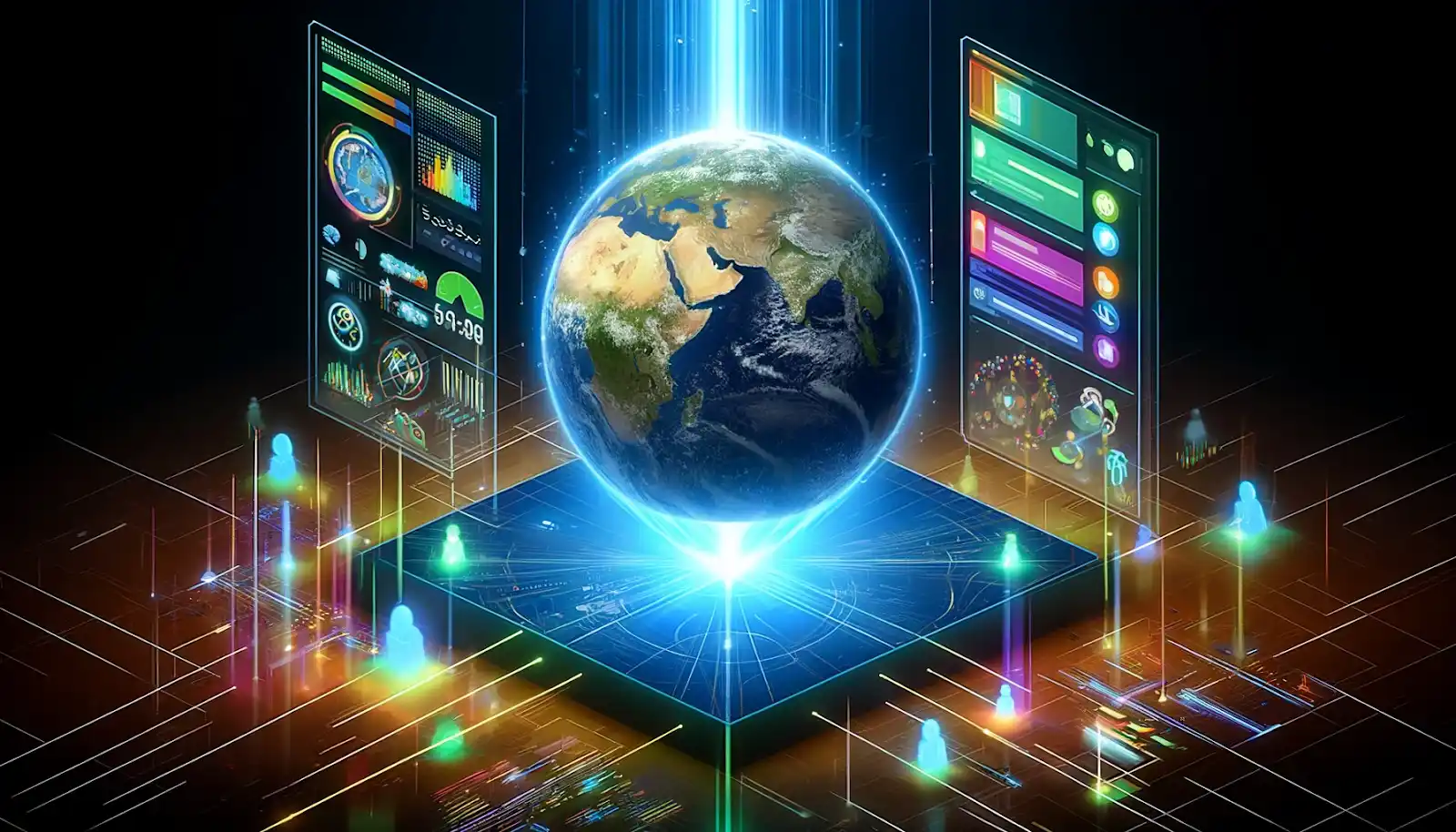
For instance, wouldn’t it be great if Hussain from Tehran, Onyango from Nairobi, and Emi from Kyoto among millions across the world joined online to decide on critical situations instead of their representative?
DAO may be used for making decisions on the Seven Wonders of the World, zeroing in on the first country to receive aid, or any other matter of significance. Everything becomes more transparent with the robustness of blockchain.
4. Reduced Overhead Costs
By automating administrative and operational processes through smart contracts, DAOs can operate with significantly lower overheads compared to traditional organizations.
Also Read: Can I Tokenize a Real-World Asset?
Simply put, DAOs don't require fancy offices, which saves a lot of money in CAPEX. This efficiency can lead to more resources being available for other mission-critical tasks.
5. Enhanced Security
The use of blockchain and smart contracts can provide enhanced security features, protecting against unauthorized actions.
DAOs use cryptography that makes sure no one can cheat or steal. This ensures that all operations, such as a transaction or vote, are verified, making it hard for anyone to mess with the results.
6. Innovative Funding Models
DAOs open up new avenues for funding projects and ventures through mechanisms like token sales and collective investment pools. This can democratize access to capital, especially for startups and projects that may struggle to secure traditional funding.
Also Read: IPO Vs. ICO Vs. IEO Vs. STO: What’s The Difference?
7. Rapid Iteration and Flexibility
The structure of DAOs allows for rapid iteration and adaptation. Proposals can be put forth, voted on, and implemented in a relatively short time frame, enabling the organization to pivot quickly in response to new information or opportunities.
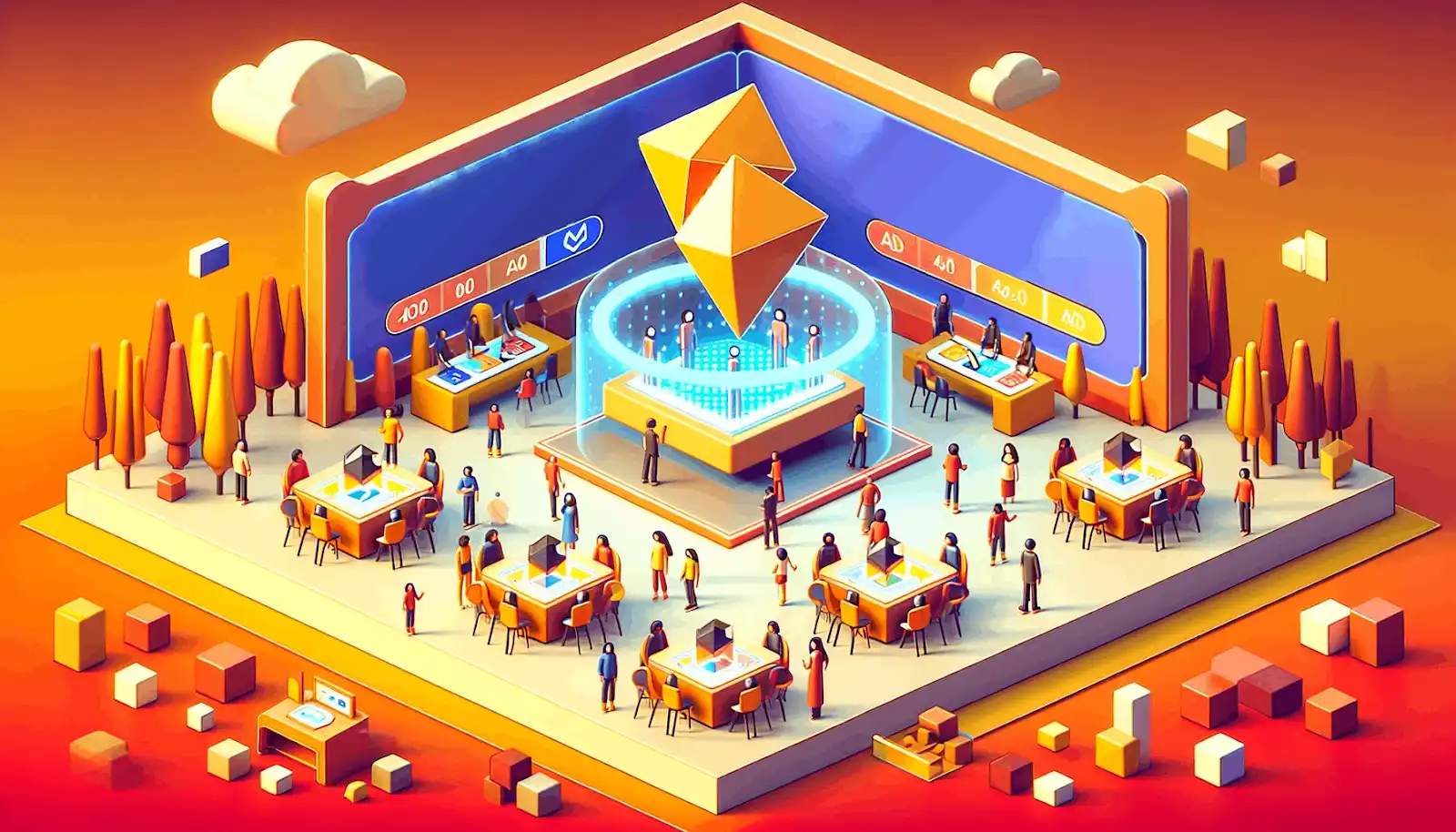
Something isn't working or could be better. Well, token holders can quickly vote to change it, helping the DAO to improve or fix problems quickly.
8. Community and Network Effects
Thanks to the decentralized structure, since DAOs are community-driven, they naturally benefit from network effects. As the community grows, so does the value and utility of the DAO. This creates a positive feedback loop, attracting more participants and increasing the organization’s impact.
Limitations of DAO
The DAO, one of the earliest and most famous Decentralized Autonomous Organizations, faced significant criticisms following The DAO’s high-profile hack in 2016, which led to the loss of around $50 million worth of Ether.
Typically, the criticisms of DAOs center around several key issues:
1. Security Vulnerabilities
Although a DAO is supposed to be safe, a little snag can jeopardize it. The hack of The DAO was a result of a flaw in its smart contract code, which allowed an attacker to drain funds.
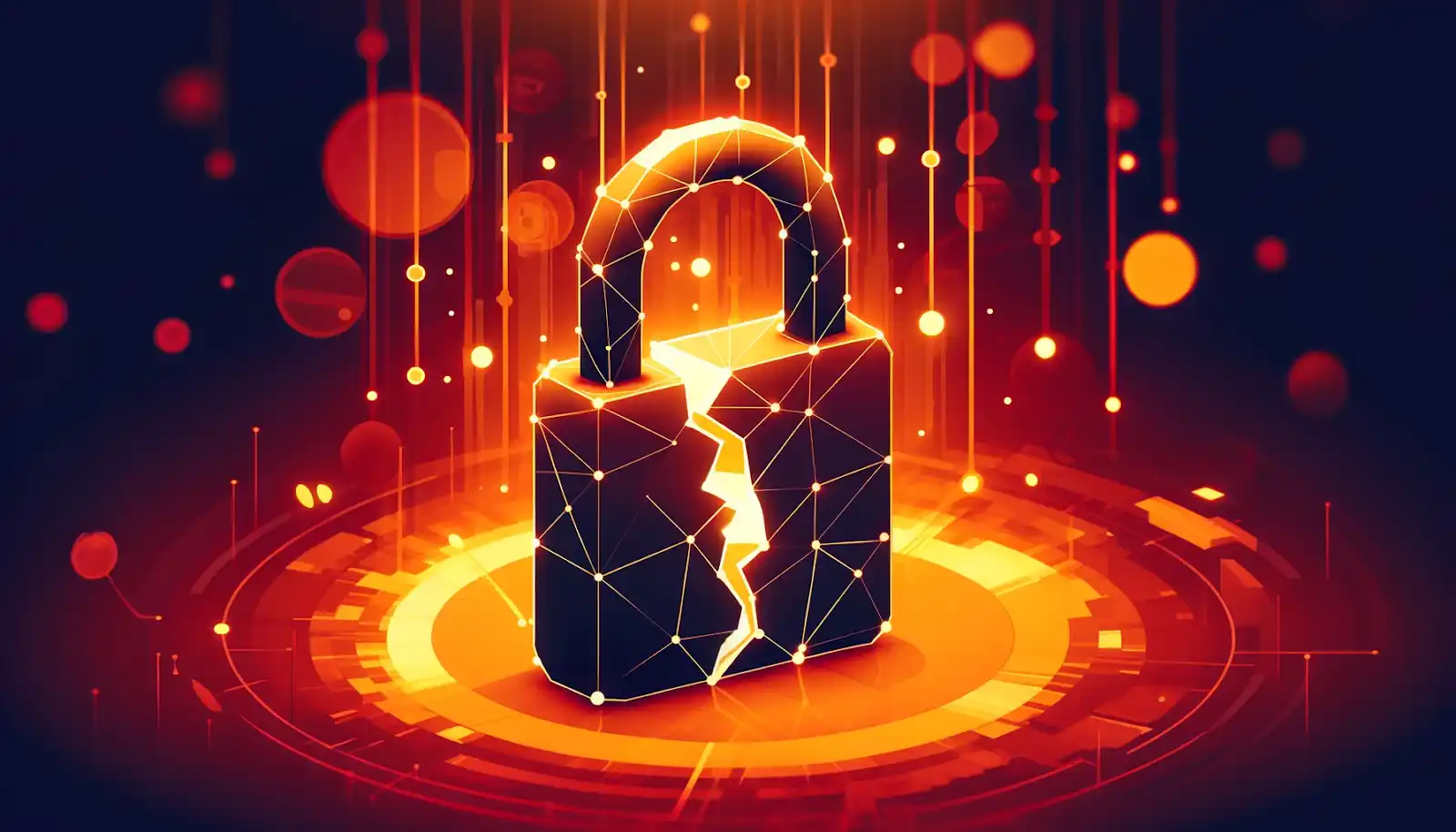
This incident highlighted the risks associated with complex smart contract codes and the potential for unforeseen vulnerabilities, raising concerns about the security of DAOs and blockchain technology in general.
2. Regulatory and Legal Issues
The DAO operated in a legal gray area, and the hack brought attention to the lack of regulatory clarity around it.
Since no single entity or central authority controls a DAO, there were questions about their legal status, the rights of token holders, and how traditional laws apply to decentralized entities, especially concerning liability and consumer protection. This persists to date.
Also Read: What is Howey Test? Definition, History, and Role in Blockchain Regulation
For the same reason, it gets confusing while dabbling into the legal intricacies around DAO. As an example, while states like Wyoming, Tennessee, and Vermont in the United States have legally recognized DAOs, other states haven’t.
Even in these jurisdictions, there may be limitations. For instance, in Wyoming, it is not legally allowed for members and owners of the DAO to incorporate it in the jurisdiction without deploying the smart contracts. Such legal intricacies have a lasting impact on the success of a project.
3. Governance and Decision-Making
Even though everyone gets a vote in a DAO, there’s more than what meets the eye.
For instance, sometimes only a few people decide to vote, similar to low voter turnout during elections. This prevents the results from being truly representative of the mass opinion.
The design and structure of DAOs also present several ethical and social concerns. One of the most pressing issues is the distribution of governance tokens, which are often not equitably distributed.
This concentration of tokens among a small group of holders can replicate traditional centralized governance structures, contradicting the decentralized ethos that DAOs aim to embody.
Such disparities can lead to decision-making that favors a select few, potentially marginalizing other stakeholders and affecting the DAO’s legitimacy and social acceptance.
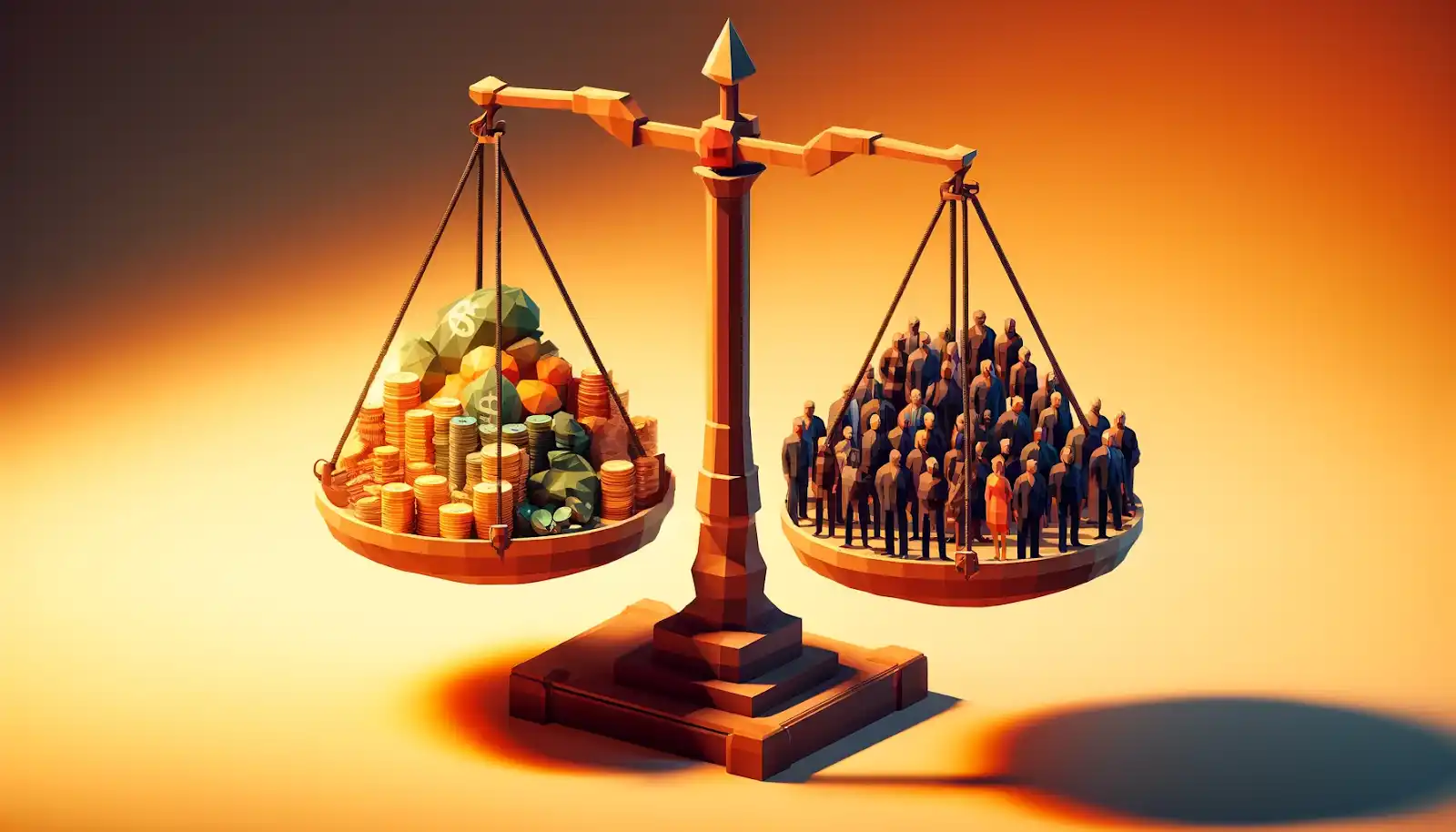
Additionally, the pseudonymous nature of blockchain can complicate accountability and transparency, critical components of ethical governance.
Without clear accountability measures, it can be challenging to ensure that decisions are made in the best interests of all members and not just a few influential players.
4. Investor Risk
Since DAOs involve financial interests, they are frequently targeted by cyberattackers. Also, DAOs, like all blockchain projects, can be overly hyped. Another threat is the regulatory uncertainty of DAOs across several jurisdictions. Such factors can pose significant risks to investors.
5. Technical Complexity and Usability
The foundational technology of Decentralized Autonomous Organizations (DAOs) involves advanced concepts in blockchain and smart contracts. For many, the steep learning curve can be a significant barrier to entry.
The intricate nature of smart contract programming and the cryptographic principles underlying DAOs demand a high level of technical expertise, which can deter individuals who lack this background from participating or contributing effectively.
Furthermore, the management and evolution of these systems pose additional challenges. Smart contracts, once deployed, are immutable — meaning that any errors or inefficiencies in the code cannot be easily corrected.
This immutability necessitates meticulous planning and testing before implementation, increasing the burden on developers. Upgrading existing smart contracts typically requires the deployment of new contracts and potentially complex migration processes for state and funds, complicating the governance and scalability of DAOs.
6. Scalability and Efficiency Issues
As DAOs grow in size and complexity, they face significant scalability and efficiency challenges. The decentralized nature of DAOs means that every decision, no matter how minor, needs consensus across the network. This can slow down decision-making processes, especially as the number of participants increases.
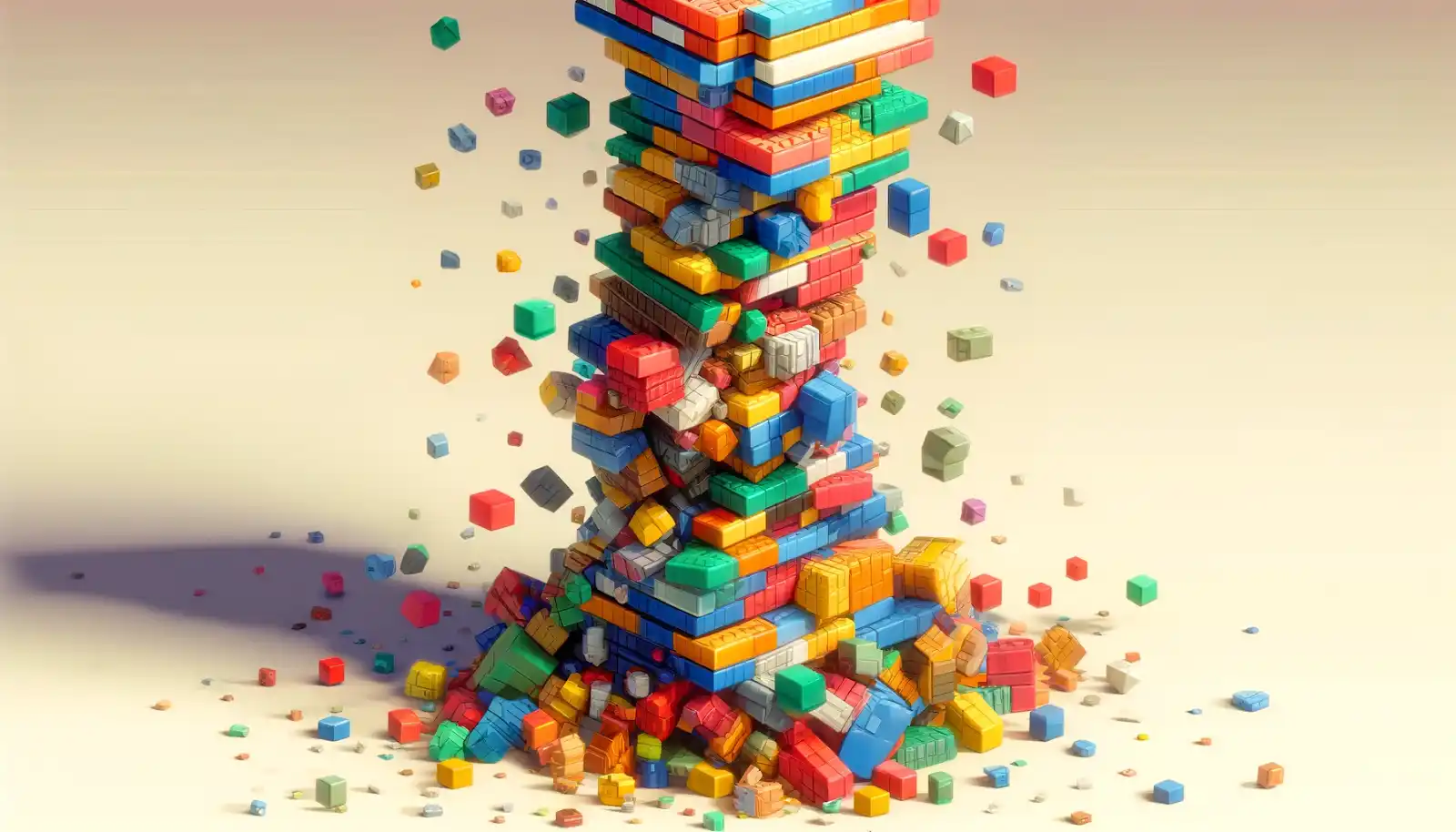
The inherent latency and throughput limitations of the underlying blockchain technology can further exacerbate these issues, as every transaction (which includes governance votes and other operational tasks) needs to be processed and confirmed by the network.
Also Read: Blockchain Scalability in High-Throughput Applications
This sluggish responsiveness can hinder a DAO's ability to react swiftly to market changes or internal demands, potentially putting it at a competitive disadvantage. High transaction fees during periods of network congestion can also add to operational costs, impacting the DAO’s efficiency and accessibility for participants with fewer resources.
7. Impact of Market Volatility on Governance
DAOs often rely on tokens not only for governance but also as a fundamental aspect of their funding and operational mechanisms. The value of these tokens can be extremely volatile, subject to the whims of market dynamics and investor sentiment.
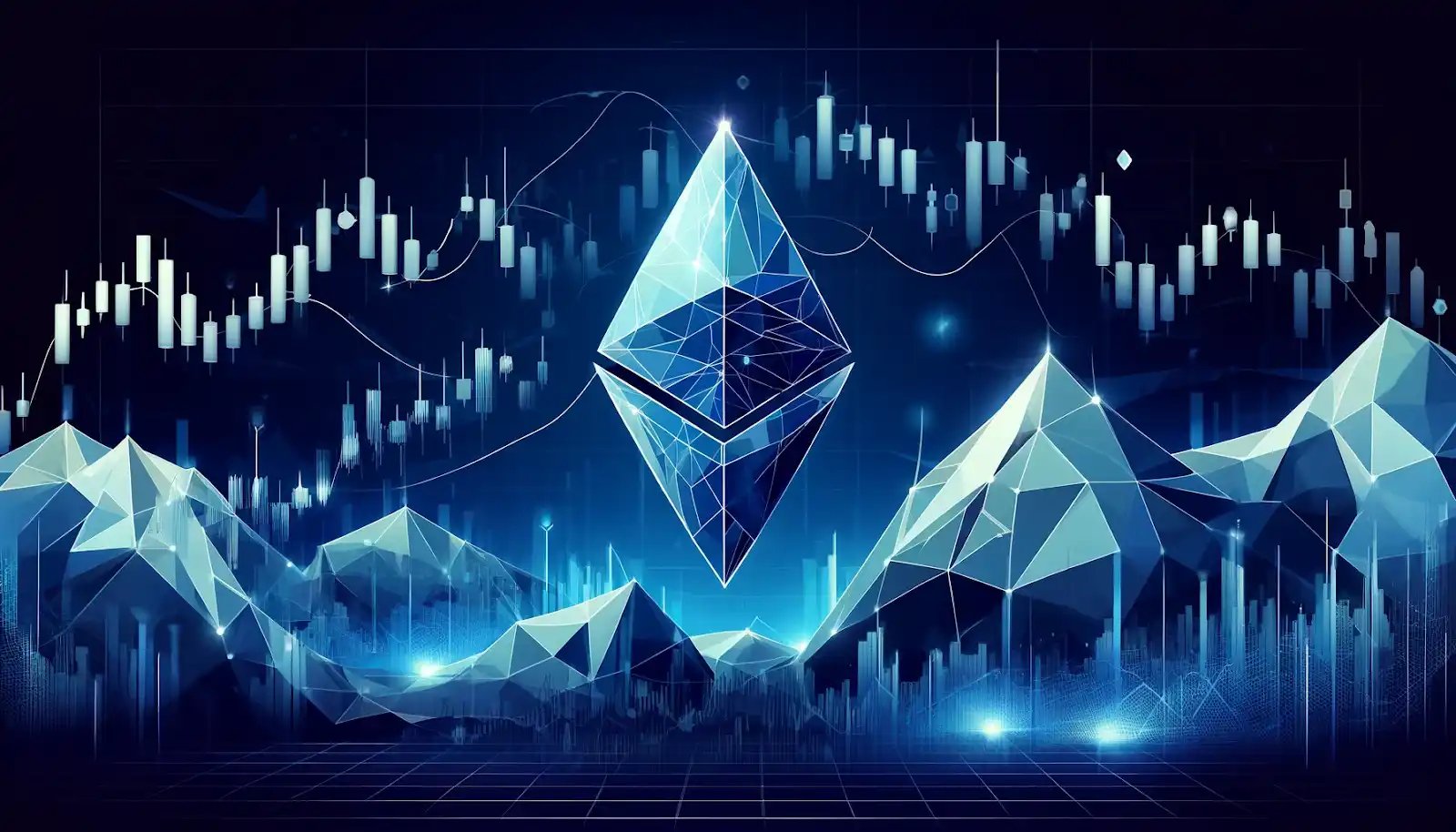
This volatility can lead to significant fluctuations in the financial resources available to the DAO, affecting its ability to plan long-term, fund projects, or sustain operations during downturns.
Moreover, the speculative nature of cryptocurrencies can attract investors who are more interested in short-term gains than in the long-term success and stability of the DAO. This can lead to governance decisions that prioritize immediate financial returns over sustainable development, potentially undermining the organization's objectives and stability.
To Wrap It Up
Overall, DAOs unique management structure makes them an ambitious web3 concept – something that can revolutionize the global structure in the future.
However, given their major criticisms and the nascent stage of DAO technology, there’s a need for robust security measures, clear regulations, and effective governance mechanisms to achieve this vision.
If you have any doubts or need technical, legal, or marketing help with your DAO project, feel free to book a 15-minute consultation with Global Blockchain Solution experts or contact us right away. Our experts will point you in the right direction.
Frequently Asked Questions
1. What are the pros and cons of a DAO?
Some pros of a DAO include:
Decentralization: No single person or entity controls the DAO, promoting transparency and community ownership.
Efficiency: Decisions are made through voting by token holders, streamlining bureaucracy.
Fundraising: DAOs can quickly raise capital through token sales.
Automation: Smart contracts enforce DAO rules, reducing human error and manipulation.
Some cons of a DAO include:
Security: DAOs are vulnerable to hacks and exploits in their smart contracts.
Scalability: Reaching consensus through voting can be slow for complex decisions.
Regulation: The legal status of DAOs is unclear in many jurisdictions.
Accountability:Identifying individuals responsible for DAO actions can be difficult.
2. What are the IRS rules for digital assets?
The IRS considers cryptocurrencies like Bitcoin and Ethereum property for tax purposes. This means you generally owe capital gains taxes when you sell them for a profit. Specific IRS guidance on DAOs is still evolving, but it's important to consult a tax professional or a domain expert like Global Blockchain Solution for up-to-date information.
3. Does a DAO have to pay taxes?
The tax treatment of DAOs depends on their specific activities. If a DAO generates income, such as through investments or fees, it may be liable for taxes depending on its structure and location. Consulting with a tax advisor or a domain expert familiar with DAOs like Global Blockchain Solution is crucial to navigating potential tax obligations.

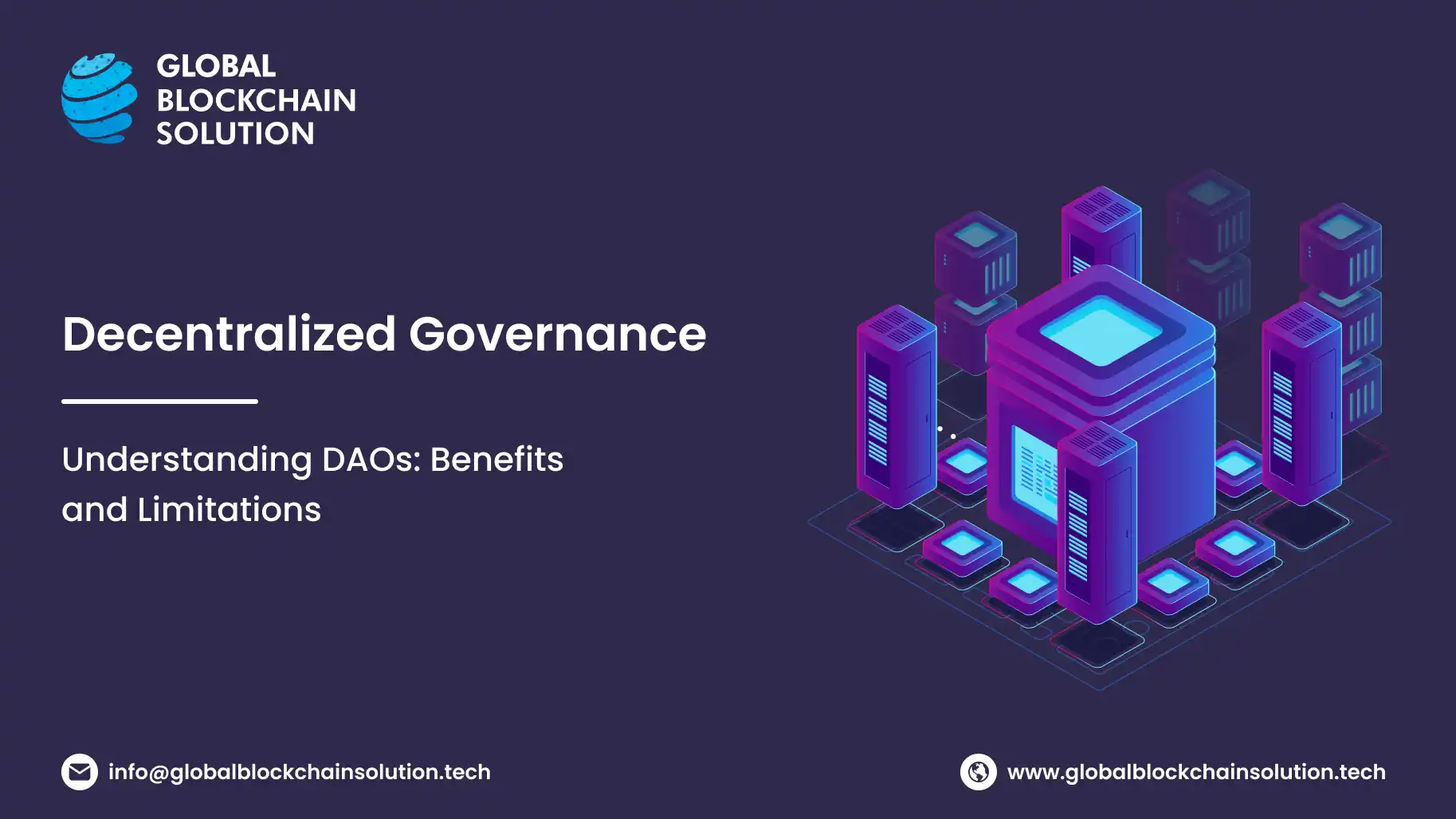
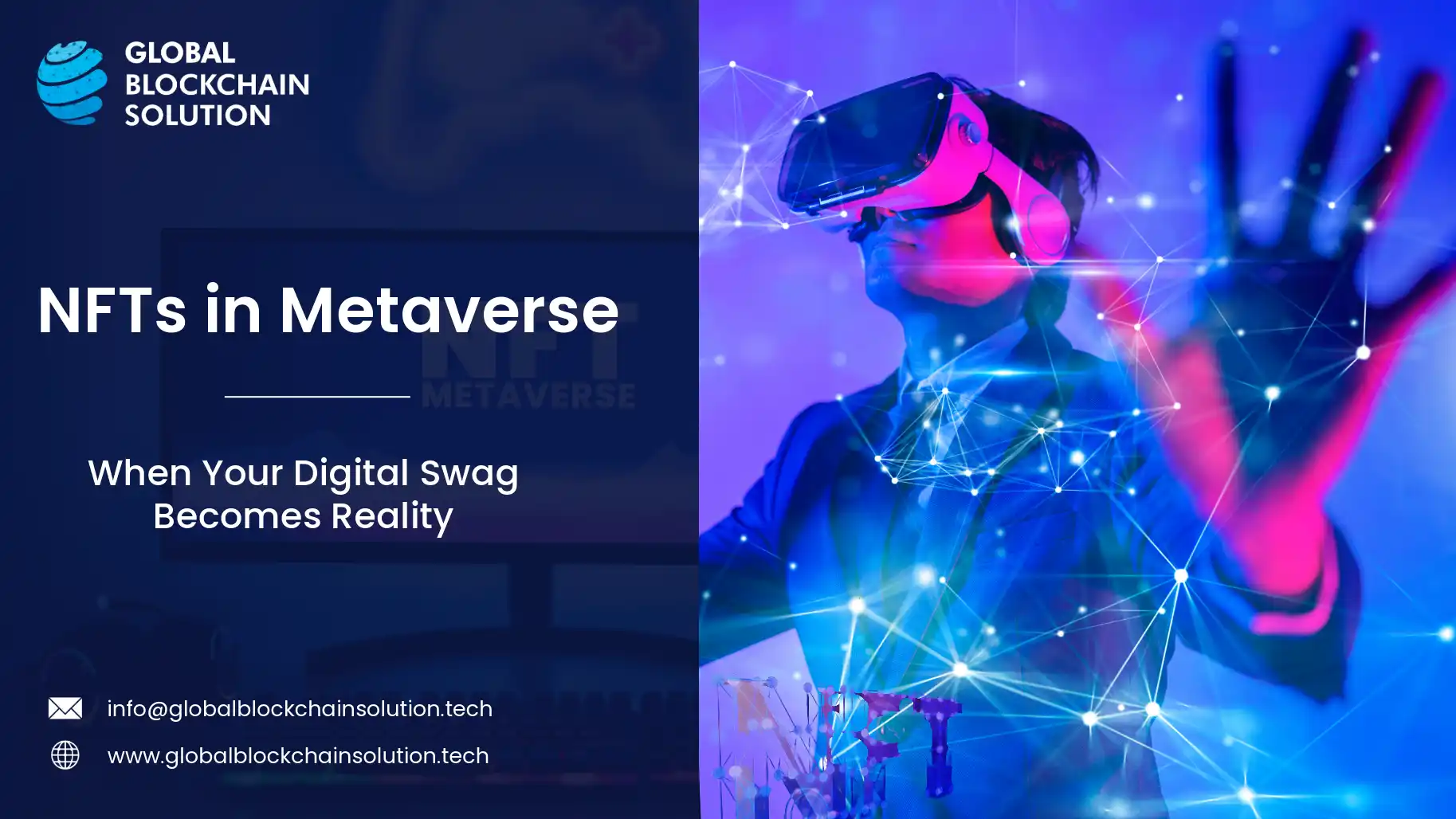
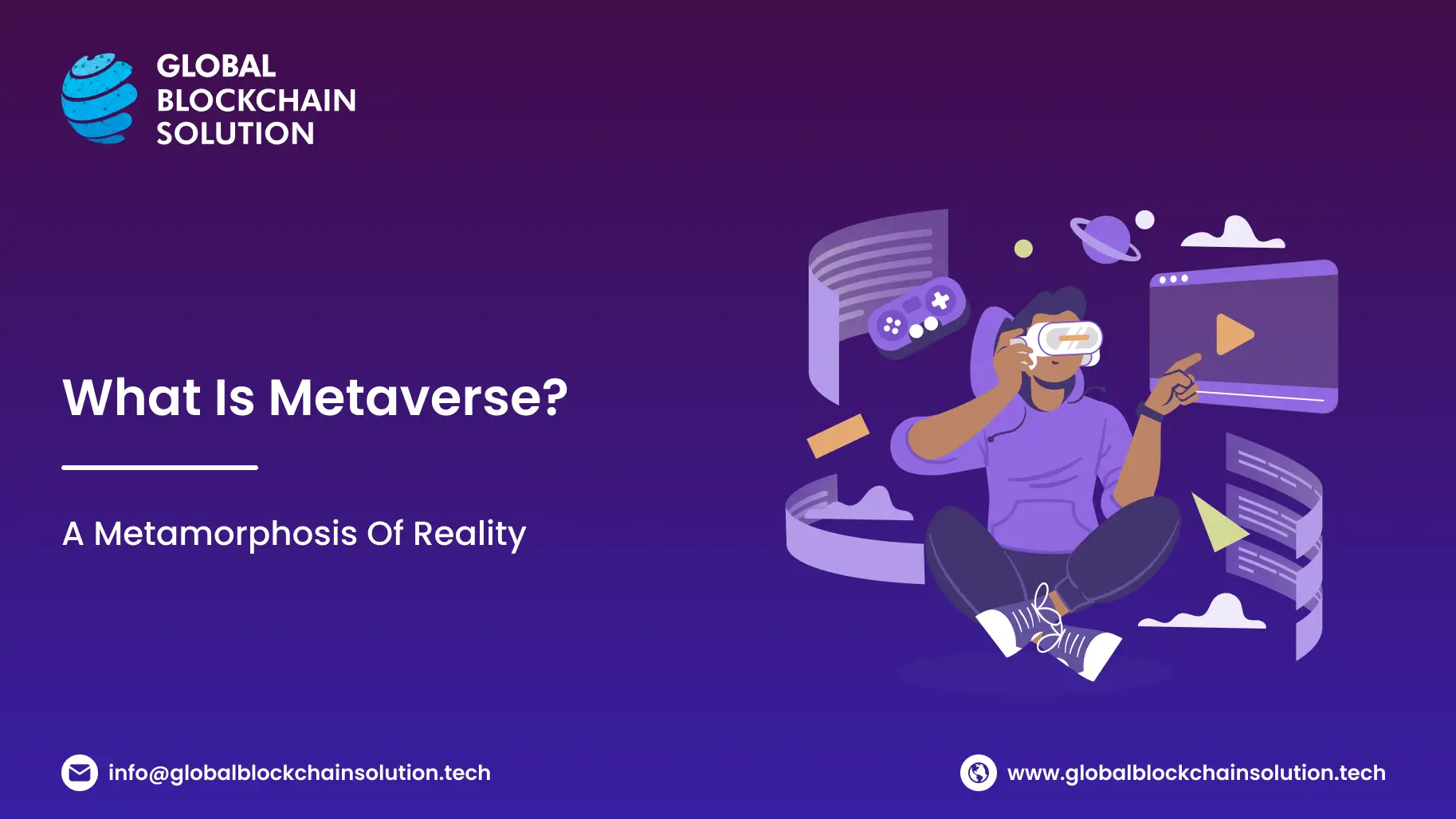
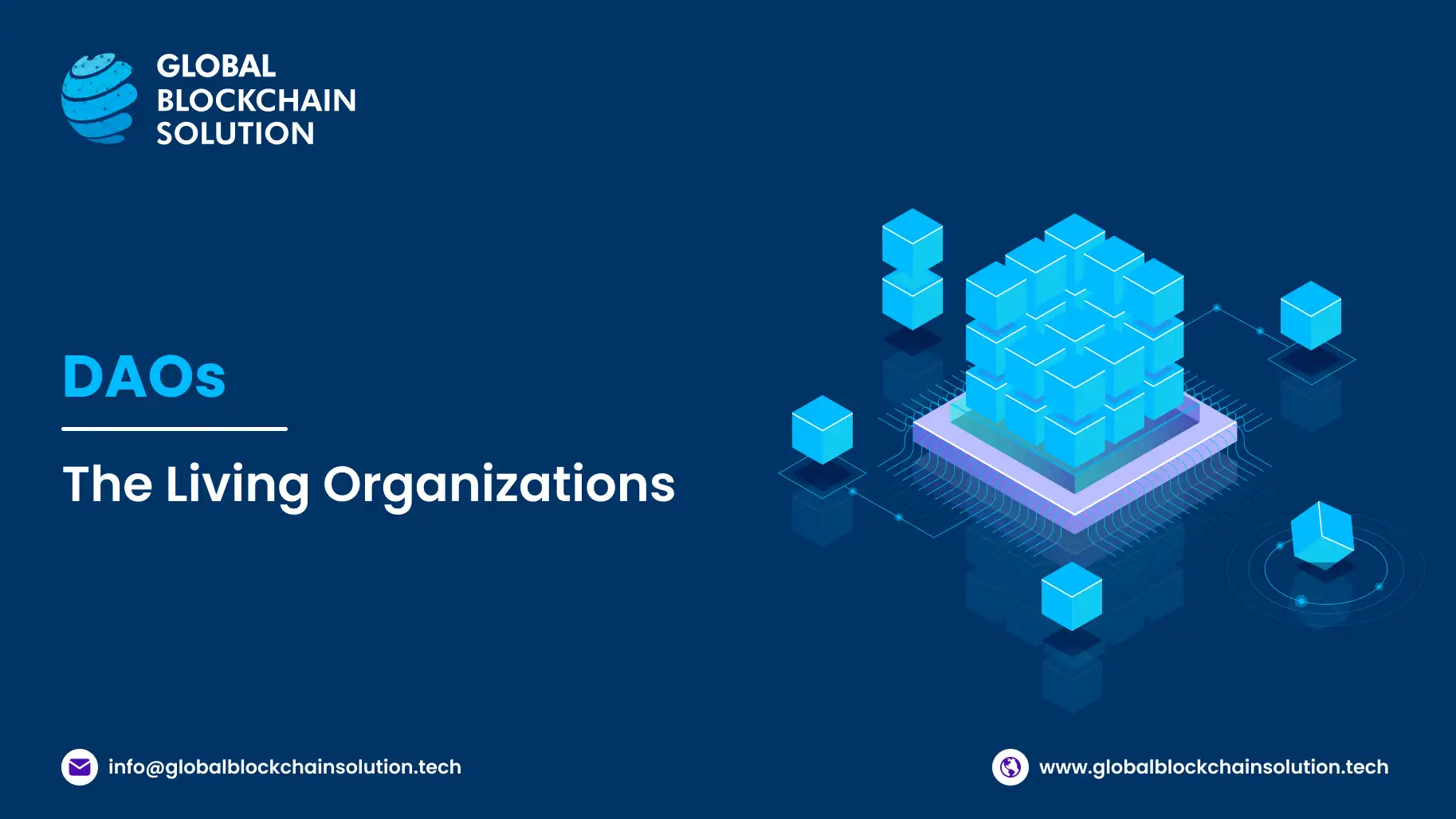
Comments
Share Your Feedback
Your email address will not be published. Required fields are marked *